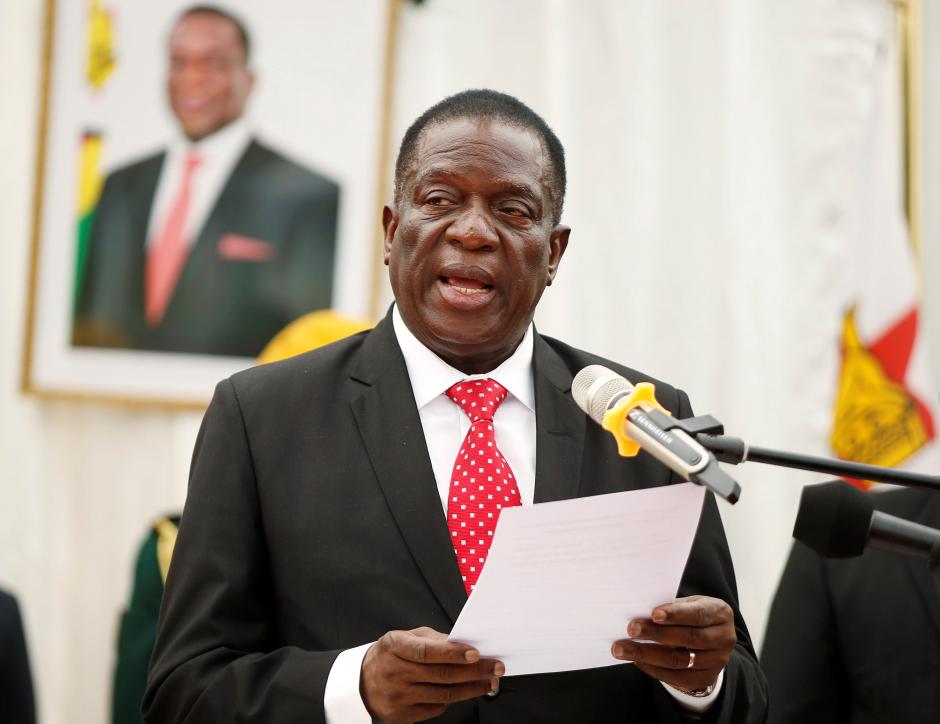THE Zimbabwe-Rwanda Trade and Investment Conference opened in the capital on Monday amid growing relations between the two nations.
This is the second conference on deepening trade and investment between the countries after the inaugural one was held in Kigali, Rwanda, and graced by President Paul Kagame.
Officially opening the conference on Monday, President Emmerson Mnangagwa explained steps his government had taken and continues to take to improve the country’s investment climate since its inauguration in November 2017.
He said the Second Republic had improved the local ease of doing business and had embarked on several reforms.
“To date, the collaboration on the economic reform front has resulted in several reform measures being undertaken by my government to improve the business operating environment and the benchmarking of our economy.
“These have seen us recording remarkable milestones, as the economy remains on an upward growth trajectory.
“Furthermore, my administration has addressed issues that were of concern to investors in the past.
“These include guaranteeing security to investment and allowing repatriation of profits, as well as dividends and royalties,” Mnangagwa told delegates.
He said the country had also continued to prioritise the issuance of sector specific investment incentives, including tax holidays, import duty exemption on the importation of equipment and machinery, and suspension of import duty on raw materials, among others.
Good investment vibes from Mnangagwa.
Zimbabwe’s economy has been showing signs of improvement in the past year and more needs to be done to scale up the revival.
It has been repeatedly said and will continue to be pronounced that besides increasing industrial capacity utilisation, the country needs increased foreign direct investment (FDI).
We agree with Mnangagwa that the country’s economy needed to be opened up to both local and the international community.
Is it not strange that even some locals with access to huge capital have failed to invest in their own country? If we don’t have confidence in our own economy, who will?
Unambiguous economic policies enthuse confidence in the economy that in turn triggers FDIs and lines of credit to spur economic growth through the growth of the manufacturing sector and expansion of the extractive industry.
It is charming that Mnangagwa’s administration seems to know what ought to be done to attract FDIs. The government needs to transform statements of intentions into action. That way, the economy will be revived!








